The present volume tells the story of the early years of the Communist Movement in India. The Communist movement in India was a product of the radical impetus coming out of the national liberation struggle. Though the Communist Party of India was first organized in Tashkent by emigre Indian revolutionaries, the seeds of class politics and the ideology of scientific socialism sprouted in the soil of the subcontinent once the message of the October Revolution reached its shores. From the outset, the colonial state unleashed repression on the communists. The conspiracy cases in Peshawar, Lahore and Kanpur were meant not to crush an organized movement, but to suppress the very possibility of Communism taking root in India. The Communist movement, with its strong ideological moorings, influenced virtually all other streams. This contributed to the rise of radical trends even inside the Congress in the post-First World War period. The militant anti-imperialist stand of the communists attracted various revolutionary fighters. Among them were the Gadar fighters of Punjab, the colleagues of Bhagat Singh, the revolutionaries of Bengal, the militant working class fighters of Bombay and Madras presidencies and radical anti-imperialist Congressmen from different parts of the country. Communists played the principal role in transforming the demand for independence from the vaguely-enunciated idea of Swaraj to a pro-people concept of freedom not just from the colonial regime, but also from social and economic exploitation and sectarian strife. Despite its organizational limitations, the CPI, guided by the Communist International (Comintern), forced attention on the class exploitation of workers and peasants. However, the sectarian stand of the communists restricted the Party’s growth. The Comintern’s stand, particularly after the Sixth Congress in 1928, isolated the party from the main current of the anti-colonial movement. The Meerut conspiracy case trial provided a common platform for all the communist groups to sit together and to initiate the process of self-introspection. The party took a new turn politically and organizationally, and this prepared the ground for the massive people’s movements led by the communists in the coming years. Backed by meticulous research, this volume will be invaluable to researchers and lay readers alike.
History of the Communist Movement in India (Volume I)
In stock
Free & Quick Delivery Worldwide
reviews
Bibliographic information
Title
History of the Communist Movement in India (Volume I)
Author
Edition
1st ed.
Publisher
ISBN
8187496495
Length
xvi+248p., Notes; Index; 25cm.
Subjects

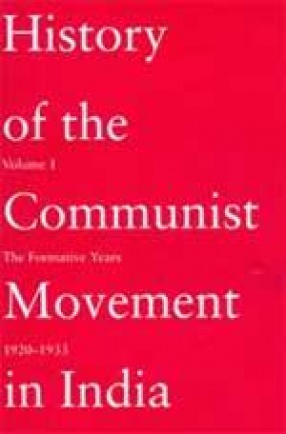
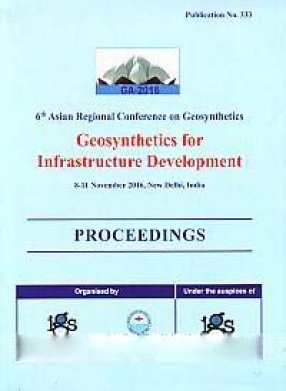

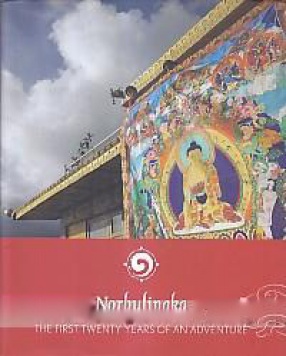
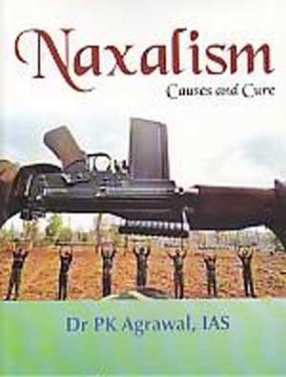

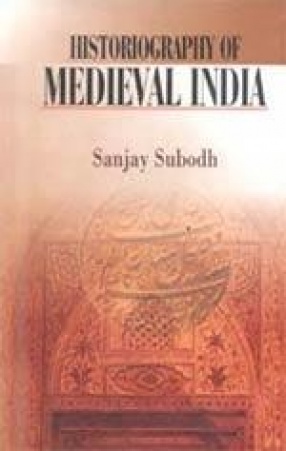
There are no reviews yet.